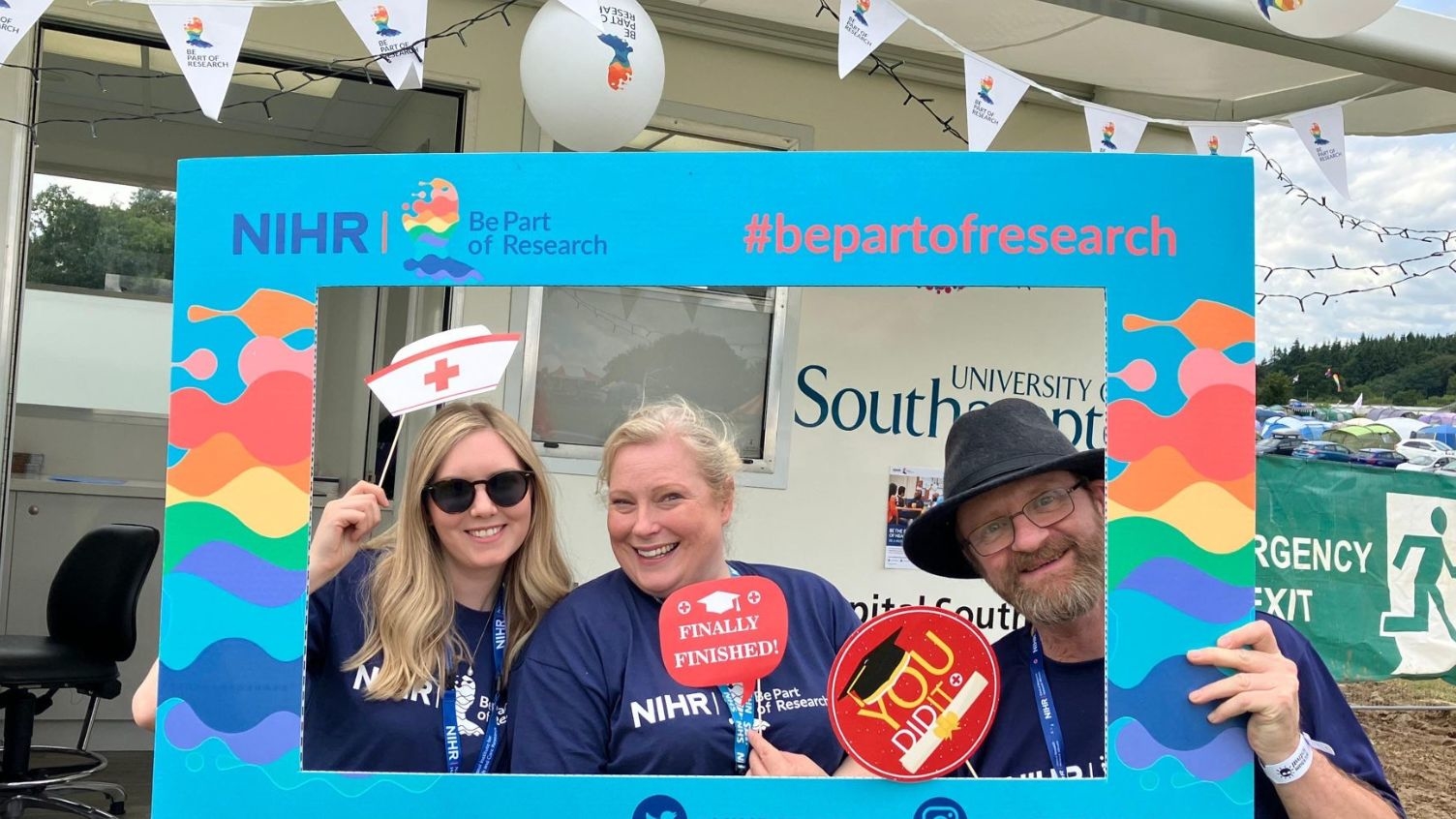Mo’s story: Delivering the Research Ready Communities Programme
- 1 August 2024
- 3 min read
Read about Mo’s experience in delivering the RRC Programme in Lincolnshire
Find out about our Community Champions as part of the Research Ready Communities programme
Research Ready Communities (RRC) is a programme designed by the National Institute for Health and Care Research (NIHR) to build more inclusive health and social care research together with communities. The aim is for health and social care research to better reflect the needs and interests of all communities, in order to better address health inequalities. The project also aims to establish a community to identify ways in which research can enhance accessibility and coverage of people who are at risk of exclusion, as well as identify research priorities.
The RRC project in the East Midlands focuses on older people and people living in remote areas in Lincolnshire. The delivery of the project is led by Professor Mo Ray, Clinical Research Network (CRN) East Midlands Specialty Lead for Health Services Research Delivery, and Professor of Health and Social Care, University of Lincoln.
Mo tells us about her experience in delivering the RRC programme.
Why did you get involved in the programme?
Older people, including those in more remote areas, can face barriers that can restrict their involvement in research. This includes challenges involved with remaining active, living in rural and isolated communities, living alone, along with additional challenges for citizens from ethnic minority communities.
Potential Community Research Champions were identified to undertake research within their organisations. This included Alford Hub; Darkside Rising Community Interest Company (CIC) and Hemingby village Hub in partnership with YMCA Lincolnshire. The project was also facilitated by members of the Healthy Ageing Research Group (HARG) at the University of Lincoln, alongside support from the NIHR Research Delivery Network Coordinating Centre (RDNCC).
Each Community Champion carried out conversations and events within their communities and worked on their findings to determine common themes.
How do you feel the programme has impacted the community?
All of the research champions identified barriers, challenges, opportunities and potential in developing research participation at all levels with citizens in their networks. Their findings were used as a basis for further discussion with communities to organise events to share findings and discuss ideas for future developments.
All three Community Champions held various events to develop the collaborations that had been developed in their communities. Alford Hub organised an event which focused on services for people with disabilities, which was attended by over 30 local citizens. Hemingby Hub also hosted a community event attended by 25 people and Darkside Rising hosted a knowledge exchange which was attended by over 40 people.
Subsequently, Hemingby Hub has actively engaged in various research endeavours, including project development, participation in the HARG showcase, and the formulation of a research proposal examining age-friendly practice in physical activity. Darkside has experienced remarkable success, with its Director, Shantelle Svarc, gaining an NIHR fellowship. Additionally, Darkside collaborated with the University of Lincoln to developa co-research led project exploring the experience of women living with cancer and women living with neurological conditions and their access to sources of advice, support and information. The co-research team will decide how best to disseminate their findings when the project has been completed.
Working with these communities in Lincolnshire enabled us to learn more about the challenges that can prevent participation in research and how those can be overcome, and we hope that these can then be extrapolated and applied to other older people across the region.
Please tell us about future directions of the programme.
In order to maintain research involvement in the community, we are continuing to develop the relationships with our Community Champions by engaging in regular community engagement research participation opportunities.
However, there is still a concern that many people are being overlooked in research. With this in mind, there is a potential to extend the RRC project to other rural areas across the East Midlands. We have dedicated extra resources to support a pilot program with co-research leadership and developing a proposal for women living with cancer and neurological conditions.
How do you feel the programme has impacted you personally?
"I feel very glad to have had the opportunity to get involved in the project and meet so many people. It is a tremendous personal benefit to continue to grow relationships within my community."


